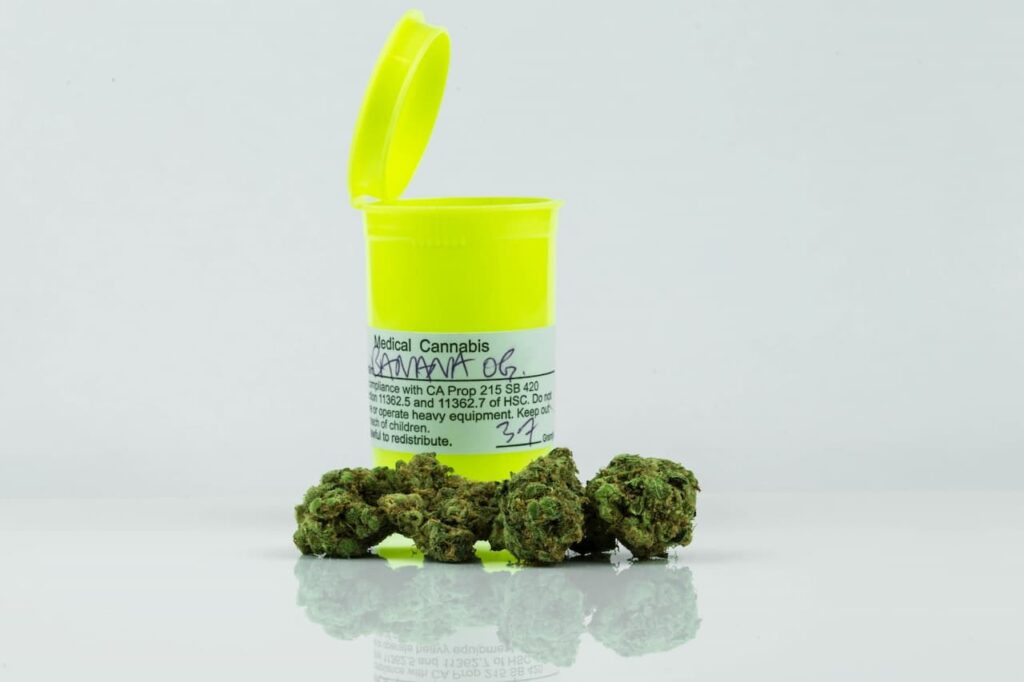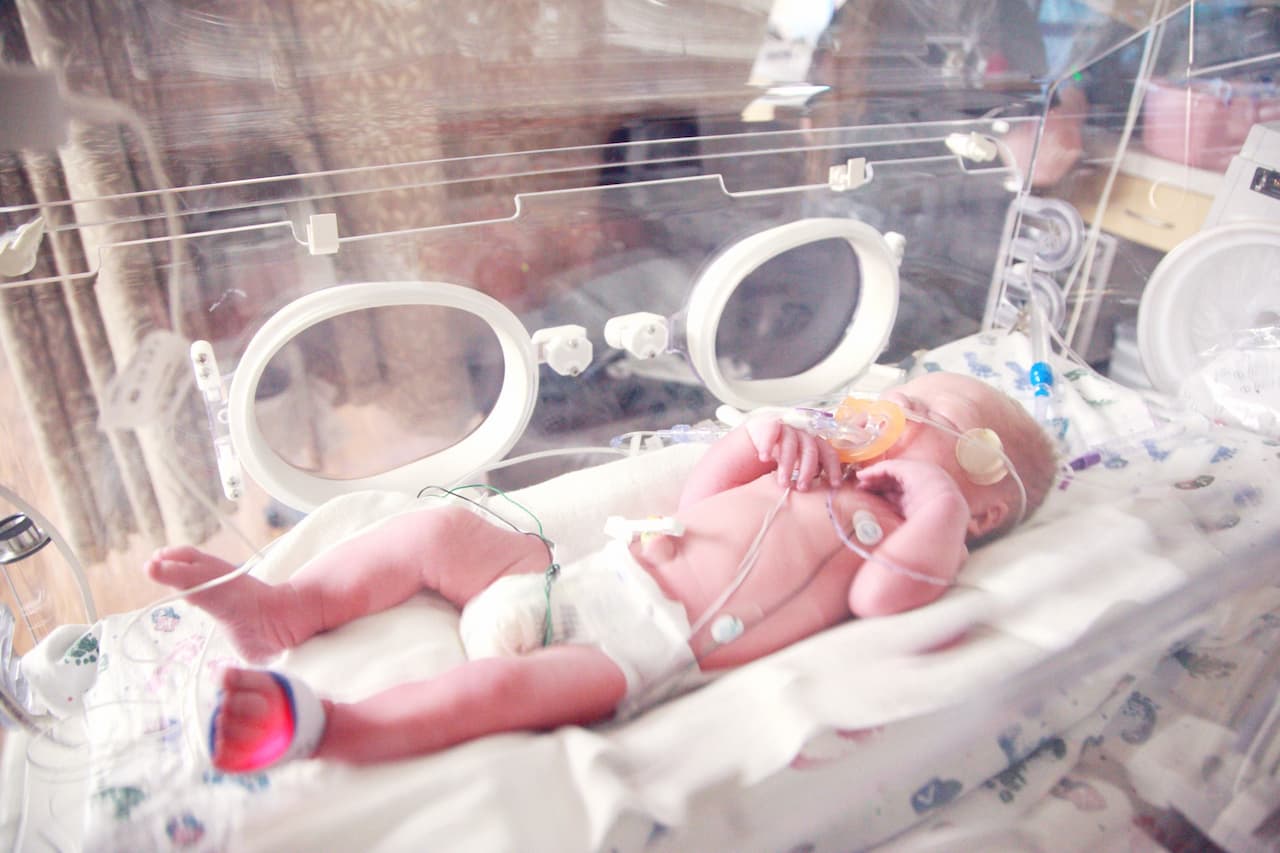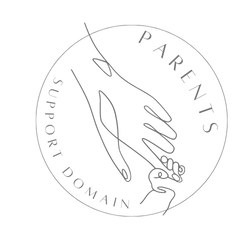Marijuana During Pregnancy
There is far less of a social stigma attached to marijuana now than there was even a few years ago. Several states have already legalized marijuana, and others are expected to follow suit.
Pregnant women are not immune to the rising trend of the general population’s increasing use. Many expectant mothers worry if they should continue smoking weed or if they should stick to edible forms of the drug.
It’s difficult to get an accurate number, but somewhere between 4 and 10 percent of pregnant women say they’ve used marijuana. This is unquestionably greater than in the past and perhaps even more due to underreporting on the part of the respondents.
Yet just because marijuana usage is becoming more acceptable in society or even the law does not make it safe for an unborn kid.
Impact on fetal development
The effects of marijuana on unborn children have been studied to some extent, but the preliminary results have not been encouraging.
The cannabinoid THC begins to interact with a brain receptor that is present as early as 14 weeks of gestation, at the end of the first trimester. There is evidence that it reaches the fetus even after crossing the placenta.
Around 10% of the THC a pregnant woman consumes is passed on to the fetus, whether she does it through edibles, smoking, or vaping. Maternal fat stores it for weeks, exposing the growing fetus to it long after it was originally consumed.
It has been shown in studies that maternal marijuana usage may cause permanent damage to the developing baby’s brain.
Higher rates of difficulties in speech and cognition, worse arithmetic scores, lower spelling scores, and greater rates of concentration and attention issues have all been seen in children exposed during pregnancy.
Babies whose mothers smoked THC during pregnancy had lower birth weights, and their muscles were weaker and more prone to tremors.
While it’s true that early studies and their results aren’t clear, the latest research has been so dismal that the American College of Obstetricians and Gynecologists now recommends against consuming marijuana during pregnancy.
Although THC is detectable in breast milk, the American Academy of Pediatrics also advises against using marijuana while nursing.
Using marijuana for medicinal purposes
Several pregnant women who smoke weed say they were users before they became pregnant and now use it to alleviate the symptoms of morning sickness and other pregnancy-related ailments.
Recent research has shown that marijuana usage during pregnancy is most common in the first trimester. Pregnant women may be turning to marijuana as a way to cope with nausea and vomiting that often comes with the first trimester.
There are a variety of prescription drugs and non-medical therapies for morning sickness that are considered safe to use during pregnancy.
Massage, physical therapy, and pregnancy bands are just a few of the numerous treatments that have been shown to be effective in reducing physical discomfort and suffering.

Pregnancy-related aches, along with worry and stress, may find relief from marijuana use. These are all legitimate signs of pregnancy, but smoking weed won’t help.
While marijuana is not a cure for depression, it does increase the risk of depression during pregnancy. Counseling, behavioral treatment, and safe prescription drugs are all viable choices.
If you use marijuana, even sometimes, you should talk to your doctor before getting pregnant. They will assist you in discontinuing its use and locating suitable substitutes for coping with stress and the common aches and pains of pregnancy. It will assist you in locating long-term solutions that work for you and your baby.
7 Disadvantages of Marijuana During Pregnancy
Marijuana use during pregnancy has been a topic of debate for some time now.
While there are advocates who tout the potential benefits of using marijuana during pregnancy, there is also a growing concern among both medical professionals and the general public about the potential risks associated with prenatal marijuana exposure.
In this section, we’ll discuss 7 potential disadvantages of using marijuana while pregnant.
Increased risk of preterm labor
Studies have suggested that smoking marijuana while pregnant increases the risk of preterm labor. This means that babies born before 37 weeks gestation are more likely to experience complications due to their premature birth than those born at full term (40 weeks).
Preterm babies may suffer from cognitive delays, physical disabilities, and other health problems related to their early birth.
Low birth weight
Babies exposed to marijuana in utero may be born with lower-than-average birth weights. Low birth weight is associated with a number of health issues, including increased susceptibility to infection, difficulty regulating body temperature, difficulty feeding, and delayed development.
Poor brain development
Cannabis use during pregnancy has been linked to poor brain development in infants, which can lead to learning disabilities or mental health disorders later in life.
Additionally, research suggests that prenatal marijuana exposure may lead to long-term changes in brain structure and function, as well as decreased cognitive abilities in children exposed in utero.

Respiratory problems
Babies exposed to marijuana in utero are more likely to develop respiratory problems such as asthma or bronchitis later on in life due to their compromised immune systems as a result of prenatal cannabis exposure.
Additionally, these babies may be at greater risk for developing chronic lung disease due to their reduced lung capacity from prenatal cannabis exposure.
Behavioral issues
Babies exposed to marijuana in utero may develop behavioral issues such as hyperactivity disorder (ADHD), oppositional defiant disorder (ODD), or conduct disorder (CD) later on in life due to their altered brain chemistry resulting from prenatal cannabis exposure.
Additionally, these babies may suffer from anxiety or depression due to their compromised brain chemistry caused by prenatal cannabis exposure as well as increased stress levels experienced by their mothers during pregnancy.
Impaired memory and concentration
Another disadvantage associated with marijuana use during pregnancy is impaired memory and concentration resulting from changes made within the brain’s neural pathways, which can cause difficulties with learning new information or completing complex tasks later on in life for children exposed in utero.
Furthermore, it has been suggested that prenatal cannabis exposure could potentially cause long-term changes within these neural pathways that could potentially lead to permanent impairments later on down the line if not addressed early on.

Addiction
There is evidence that suggests that unborn babies exposed to marijuana can develop addictions earlier than those not exposed, leaving them vulnerable at an earlier age.
As we know, addiction can have severe consequences, including but not limited to financial instability, substance abuse issues, legal troubles, mental health issues, etc., all of which can have lasting effects into adulthood.
Conclusion
The use of marijuana during pregnancy is a complicated issue, with both potential harms and benefits being argued. Overall, it is generally advised that pregnant women avoid using cannabis to ensure the health and well-being of their unborn child.
The evidence suggests that there are 7 main disadvantages to consider, from physical birth defects to mental health problems in postnatal life.
While research is ongoing into the effects of marijuana on pregnancy, many healthcare professionals remain steadfastly against its use at any point during this period.
Ultimately, it’s up to each individual mother to decide whether or not they feel comfortable risking the potential dangers of cannabis use while expecting.




